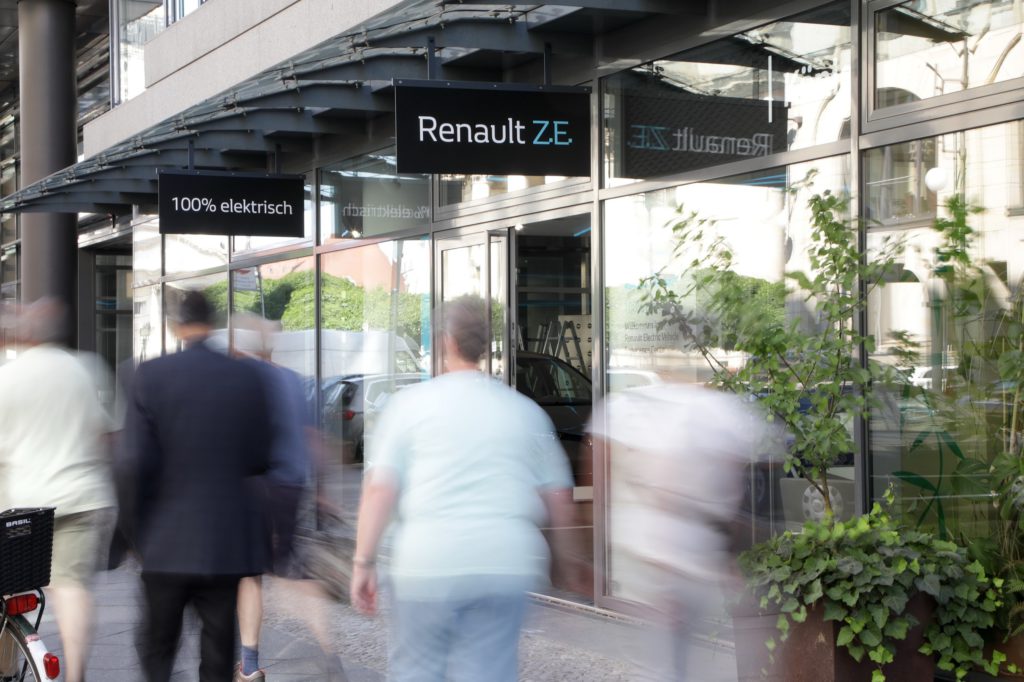FCA makes Renault concessions in a bid to secure merger
03 June 2019

3 June 2019
Fiat Chrysler Automobiles (FCA) has improved its offer to Renault for a potential merger, with the French company’s board expected to discuss the matter on Tuesday (4 June).
Under the new offer, the combined company’s operations would be headquartered in France, with the French state guaranteed a place on the board. There will also be a special Renault dividend and stronger job guarantees put in place.
These concessions are not definitive but are likely to increase the chances of the ′friendly request’ being approved by Renault. The move to ensure a French-based headquarters and limit job losses is to pacify the French Government, which holds a 15% stake in the carmaker and has two seats on its board.
Meetings held
FCA Chairman John Elkann was in Paris over the weekend to discuss the deal and met with French Finance Minister Bruno Le Maire, who said last week he wants guarantees on preserving jobs, a ministry spokesman said.
There is a consensus on the 50-50 ownership structure, the spokesman added. The ministry is still working on the details.
FCA had proposed locating the combined group’s operational head office in a neutral city, most likely London, but has now indicated readiness to base it in the greater Paris area, meeting a key French Government demand.
The French Government is also likely to be granted a seat on the board to reflect its 7.5% stake in the merged company. Nissan, whose matching 15% stake in its French alliance partner will be diluted to 7.5% of the new group, receives a board seat as well.
The news has been dominated by talk of the proposed merger in the last week. The move would give FCA access to electric vehicle (EV) platforms and mobility schemes operated by Renault, while the French carmaker would benefit from increased global exposure. The move would create the world’s third largest carmaker group, and Europe’s second largest.
Nissan impact
The deal could impact Nissan, however, as the Japanese business looks to shake off the ghosts of the Carlos Ghosn scandal. In the wake of the former chairman’s arrest, closer ties between Nissan and its Alliance partner were mooted. This would have strengthened Nissan at a time when its European sales are falling.
The plan would have allowed both carmakers an almost equal number of directors for a new company, in which ordinary shares in both Nissan and Renault would be transferred on a balanced basis.
Merging in this way would have strengthened ties between the two companies but due to reported resistance from Nissan CEO Hiroto Saikawa, the deal fell through.